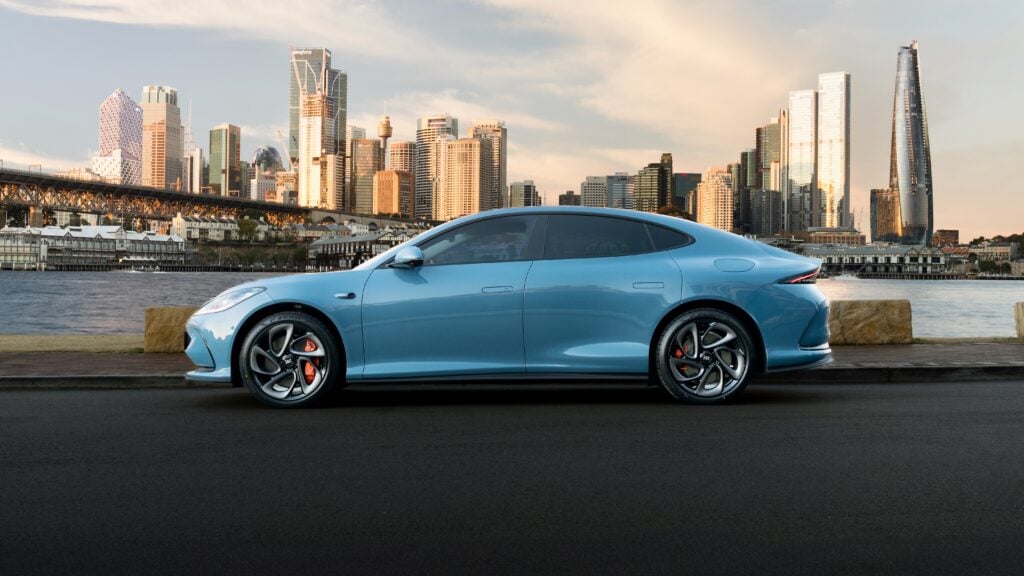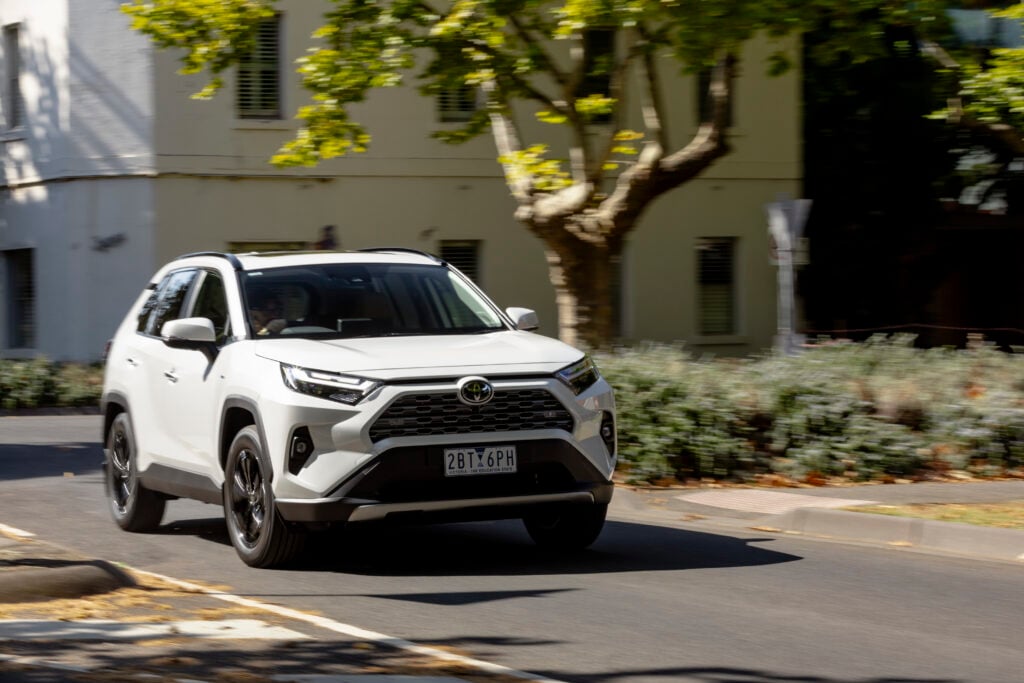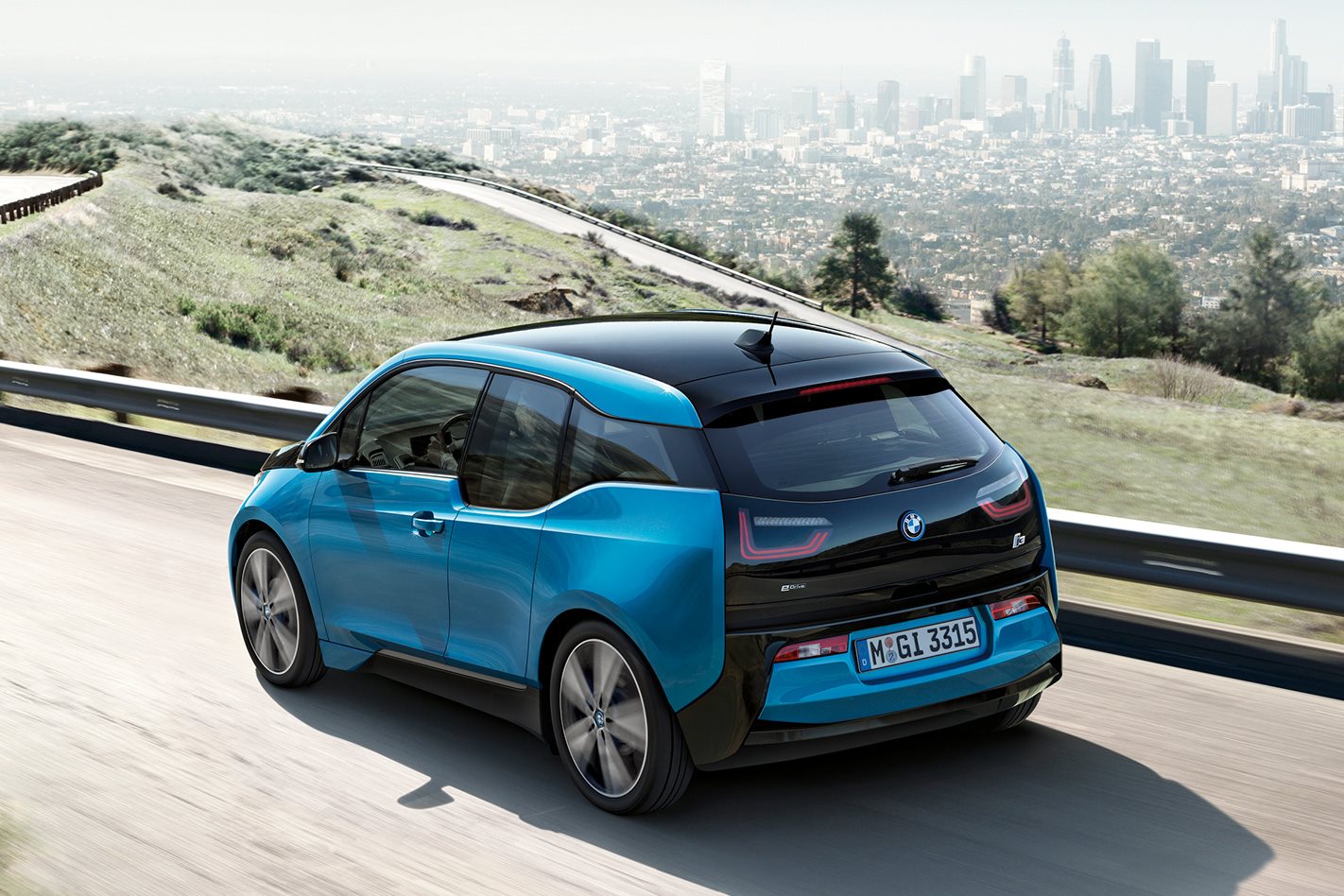
If we learned anything from the 2017 Paris motor Show, it’s that pure electric cars are shaping up as a sound bet for the future.
Numerous countries worldwide offer incentives for buying and driving electric vehicles (EVs), but as yet Australia’s Federal Government offers no motivation to own one.
It’s for this reason manufacturers see little merit in selling pure electric cars in Australia. Only three EVs are available for sale here: the Tesla Model S, the BMW i3 and the Nissan Leaf.
TESLA MODEL S
The Tesla Model S has been available in the US since 2012 and in Australia since mid-2014, and now, with the release of two new variants this year, there are six options available: 60, 60D, 75, 75D, 90D and P90D. The new models, the Model S 60 and 60D, offer buyers a new entry-price option for those wanting a Tesla. Where buyers would have to fork out $128,578 previously for the then entry-level 75, the 60 now means the Model S starts from a more affordable $100,800.
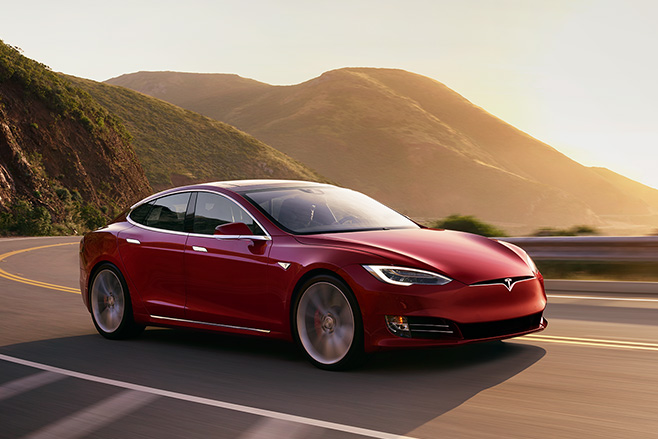
The range-topping P90D will cost closer to $206,692, offering an electric car that’ll drive supercar-fast in Ludicrous mode.
PROS:
Biggest range available, travelling up to 475km at 80km/h on an average 20-degree spring day. It’s also the fastest EV available, accelerating 0-100km in as little as 2.7 seconds (claimed). It also offers “Autopliot” driver-assist functions.
CONS:
Entry price. It doesn’t come cheap.
BMW i3
At $63,900, the BMW i3 is less expensive that its Tesla competitor. It’s also available in a hybrid variant which costs $69,900. Recently updated this year, BMW added two new models, 94Ah and 94Ah Rex, to the i3 line-up, offering bigger batteries for an extra $2000 to boost the range to a possible 390km.
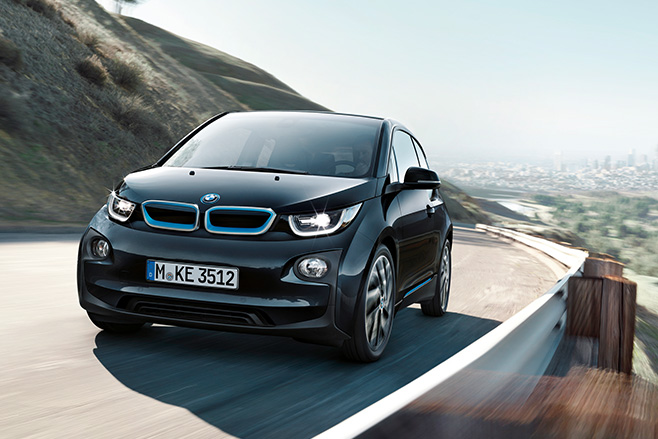
Aside from its obvious head-turning exterior, the i3 comes with three interior designs; Loft, Lodge and Suite; so buyers can choose a style that suits them.
PROS:
The BMW i3 comes with more range than ever, offering a claimed 300km to 390km range.
CONS:
At $63,900 for the base model, it’s still an expensive option for a small car.
NISSAN LEAF
The Nissan Leaf is only available as a hatchback and is priced as the cheapest EV option in Australia from just $39,990. Despite a lower price than its two competitors, however, Nissan has threatened to pull it from the market if buyers don’t support it.
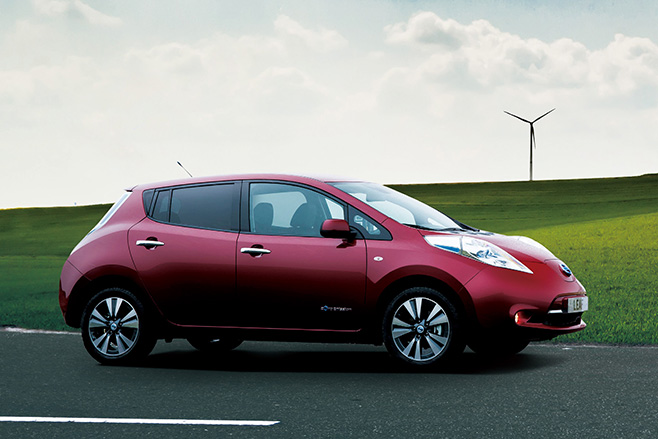
Unlike the i3 and the Tesla, the Leaf offers less range and isn’t quite as quick as its competitors in the traffic light drag race, but at such a low entry price, it’s a surprise the Nissan-badged EV is not doing better in the Australian market.
PROS:
It’s the cheapest EV vehicle in Australia with an entry price that rivals even standard cars its size.
CONS:
It’s not quite as brisk and offers less range than the others.

